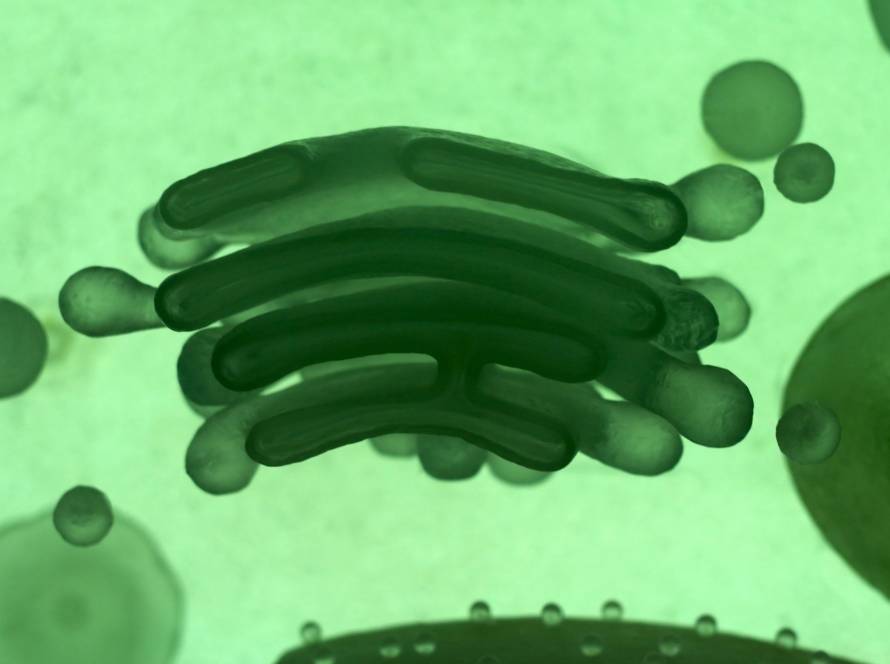Aging is an inevitable process, yet scientists are continually exploring new ways to slow it down and promote longevity. One promising frontier in anti aging research revolves around exosomes, tiny vesicles that play a crucial role in cellular communication.
Recent studies suggest that exosomes may hold the key to slowing down aging and even reversing some of its effects. But what exactly are exosomes and how do they impact longevity?
What are exosomes
Exosomes are nano sized extracellular vesicles, typically between 30 to 150 nanometers in diameter, that originate from the endocytic system of cells. They serve as messengers, transporting a rich cargo of proteins, nucleic acids, lipids and metabolites from one cell to another. By facilitating intercellular communication, exosomes regulate various biological processes, including oxidative stress, inflammation and immune responses.
The role of exosomes in aging
Aging is often accompanied by chronic inflammation, oxidative stress and cellular senescence, factors that contribute to age related diseases such as cardiovascular conditions, neurodegeneration and cancer. Emerging research suggests that exosomes play a pivotal role in both the acceleration and mitigation of these aging processes.
Exosomes influence aging in the following ways:
- Regulating cellular senescence – Cellular senescence, or the loss of a cell’s ability to divide and function properly, is a hallmark of aging. Exosomes have been found to either promote or inhibit senescence, depending on their origin and cargo;
- Modulating inflammation – Chronic inflammation is a major driver of aging related diseases. Certain exosomes can carry anti-inflammatory molecules, helping to reduce systemic inflammation and promote healthier aging;
- Combatting oxidative stress – Oxidative stress damages cells and contributes to aging. Exosomes from young and healthy cells can transfer antioxidant molecules to aging cells, potentially rejuvenating them.
Exosomes as anti aging therapeutics
One of the most exciting areas of research is the potential use of exosomes in therapeutic applications. Stem cell derived exosomes, in particular, have shown promise in slowing down or even reversing signs of aging. These exosomes contain regenerative factors that can:
- Enhance tissue repair and regeneration;
- Improve skin elasticity and reduce wrinkles;
- Protect neurons against neurodegeneration;
- Strengthen immune function.
The future of exosome based longevity treatments
Although research on exosomes and longevity is still in its early stages, their potential as anti aging interventions is undeniable. Scientists are exploring ways to harness exosomes for the development and application of it as anti aging therapeutic strategies.
Studies show that exosomes have potential in cosmetics and regenerative medicine, promoting skin rejuvenation and wound healing, though standardization and clinical validation remain challenges. Other studies also show potential of this extracellular vesicles as therapeutic targets and biomarkers for conditions such as type 2 diabetes and systemic inflammation.
As advancements in biotechnology continue, exosomes may soon become a mainstream tool in the quest for longer, healthier lives. While clinical applications are still under development, staying informed about exosome research could help individuals make better decisions about future longevity treatments.


